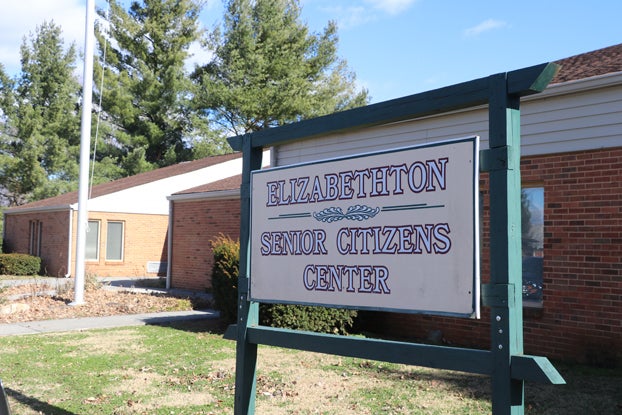Code enforcement keeps community safe, healthy
Published 9:02 am Monday, June 9, 2014
Code enforcement is not only about keeping our community looking good according to Planning Director Chris Scheuttler, it’s also about keeping it safe and healthy.
“Some things are more than a nuisance, they are more of a hazard to the health and welfare of the community,” Scheuttler said.
While overgrown brush and weeds may seem like just an unsightly mess, they can be creating a habitat for vermin or pests — like skunks or raccoons — that may carry or spread rabies. That tire dump may appear to be just garbage that has been tossed aside but it could in fact be a breeding ground for mosquitoes, which can carry West Nile virus. Scheuttler said those are just a few of the risks posed by the code violations his office works to combat.
Scheuttler said dilapidated, abandoned and burned out buildings pose their own unique threats to public safety. “Children go in there to play and they can get hurt,” he said.
Injuries are not the only risks with those buildings Scheuttler said, adding that abandoned buildings can become home to illegal activities such as meth cook sites.
“That’s a big problem too, especially with these homes in the remote parts of the county that are burned out,” he said. “The front door may be closed but they may have the back door kicked in.”
Scheuttler said that while these problems are obvious with abandoned or burned out properties, his department cannot just go in and clean them up when a complaint is first filed, there are legal steps that must be followed before action can be taken on the property.
When a complaint is filed, he said, the Planning Office must attempt to make contact through certified mail, door knockers, telephone and other means and they must be able to show that all attempts at communication have failed or that the property owners are unwilling to correct any issues.
“Once you take it to the Planning Commission you are look at 90 to 120 days out (from the original complaint), and that is the shortest amount of time,” Scheuttler said.
Sometimes, even when all the steps are followed, Scheuttler said some property owners are still unwilling to correct the code violations on their land.
There is a legal remedy available to the County if a property is in violation and the owner either cannot be found or refuses to clean up the property.
State law allows for local governments to have the property cleaned up and send a statement to the owner itemizing the cost of the cleanup. If the owner fails to reimburse the county within 60 days, the county then has the right to put a lien on the property for the amount of the cost of the cleanup.
“It is a long, long, drawn out process,” Scheuttler said. “We want to make sure we don’t infringe on anyone’s rights.”
Scheuttler said that the county has cleaned up three properties this year — one in Lynn Valley, one in upper Stoney Creek, and one in Valley Forge — and attached liens on the property for the cleanup.




